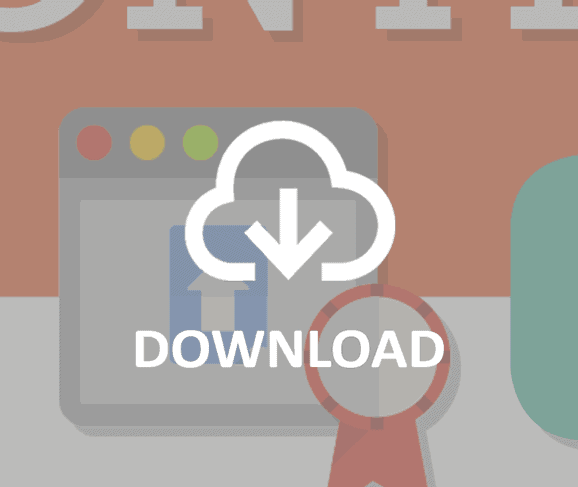Today you’re going to learn exactly how to start a business in Australia in 2021.
Check it out below, and learn how to start building your empire today.
Bonus: Click HERE to download our free Checklist and get the exact steps you need to follow to start your own business.
1. Think of a Business Idea
“A journey of a thousand miles begins with a single step”
The starting point for any business is an idea.
You don’t need a university degree, lots of money in the bank or even business experience to start something that could become successful.
But you do need an idea…
Here’s the deal:
You probably already have an idea. It might even be a killer idea. If so, congratulations! Move on to the next step. If not, you need to figure out your why first.
Do some brainstorming for ideas, and don’t be afraid to think outside the box.
Need some inspiration? Here’s a list of different angles you can use for why you could go into business:
- Follow your passion
- Identify your biggest source of frustration
- Solve a problem
- Solve a future problem (e.g. climate change)
- Save people money
- Provide a service
- Make people’s lives easier
- Find a niche
- Go out on your own
- Build on your strengths
- Analyse trends – look for the next big thing on platforms such as Google, Twitter, Reddit, Buzzfeed or Quora
Hot Tip: your first idea is not always your best idea. Don’t be afraid to pivot if you find that your original idea is not going to work, or you discover something that will work better for you.

2. Do Some Research
Now:
You’ve got your business idea. Where to from here?
Before you dive headfirst into starting a business, you need to do some research first. It’s time for a reality check to see if your idea actually has the potential to succeed.
Key things you need to consider are:
- Customers – Who are your ideal customers? Where are they? Do you understand their wants and needs?
- Competitors – Who are your competitors? How strong are they? Is there anything that gives you a competitive advantage?
- Market – Is there demand for your product/service? Where does your product/service fit into the market? What is the expected demand?
It is important to think about your positioning – will you be low-cost, high-end, or somewhere in the middle?
Hot Tip: Facebook Groups in your niche or tarket market are a great way to do free market research. You should also look at Google, Facebook, Instagram and other places where your customers hang out. If you are looking at a physical location, focus your research on the local area.

3. Write a Business Plan
This is crazy:
A NAB survey found that one-third of Australian small businesses fail because they don’t have a business plan. Despite this, 40% of small businesses don’t have one, and 21% of Australian small business owners say they don’t have time to write one.
Don’t make the same mistake…
You NEED a Business Plan.
A Business Plan is a blueprint that will guide your business from the start-up phase through establishment and, eventually, business growth. It is a must-have for all new businesses.
Your Business Plan doesn’t have to be super long but should include information on:
- Goals
- Objectives
- Market Analysis
- Financial Plan
- Marketing Strategy
Make sure you take the time to complete a Business Plan (no matter how rough it is). You can update it as you go.
Hot Tip: Download a free Business Plan template and Guide from NAB HERE
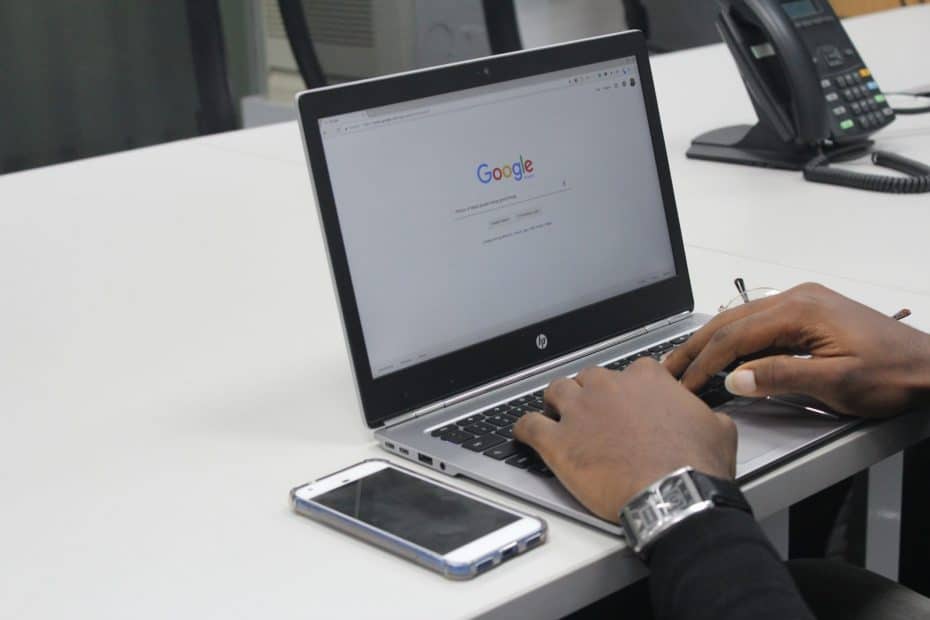
4. Check Business Name, IP, Domain Names
Make sure you do some searches for your new brand before you settle on a name:
- Check existing names: Search to see if a business name is available using Business name check.
- Check existing trade marks: Make sure you’re not infringing on someone else’s intellectual property (IP). Visit the IP Australia website to search for trademarks in Australia and overseas.
- Check your web address: If you want to use your proposed business name as part of your web address, make sure it isn’t already taken first.
- Do a google search: see what comes up when you search. You want to make sure you aren’t accidentally copying someone with the same name or a competitor with a very similar name. This could be confusing for your potential customers.
Hot Tip: Do your research before you start spending money on your website, marketing and branding. It might save you a lot of time, money and headaches later on (see: Showpo as a great example).

5. Choose a Business Structure
One of the key decisions you will make when starting a business is the structure.
The right structure for your business will depend on a number of factors, including the size and type of business, your personal circumstances and how much you plan to grow the business.
There are four main business structures to choose from:
- Sole trader: A sole trader is an individual running a business. It is the simplest and easiest business structure. You are legally responsible for all aspects of the business.
- Partnership: A Partnership is an association of two or more people who carry on a business jointly and share in the income and risks. The ratio will depend on the partnership agreement.
- Company: A Company is a legal entity separate from its owners. A company is run by its directors and owned by its shareholders.
- Trust: A Trust is an entity that is in possession of property, income or any other assets for the benefit of a third party. A trustee is legally responsible for the operation of the trust. The trustee can be an individual or a company. Profits from the trust go to beneficiaries.
It’s important to understand the responsibilities of each structure because the structure you choose may affect:
- the tax you’re liable to pay
- asset protection
- costs.
You’re not locked into any structure, and you can change the structure as your business changes or grows.
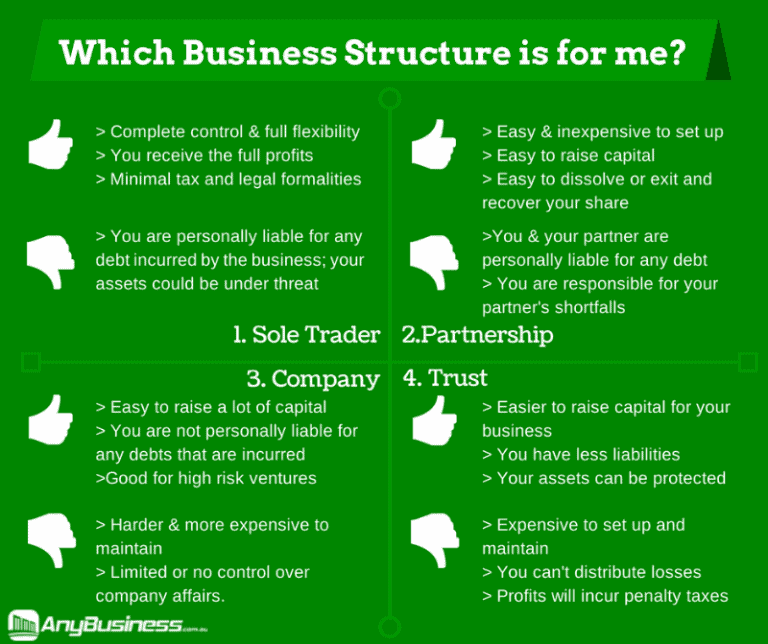
The ATO has a great video summary of the most common business structures on this page:
Many people choose to start as a sole trader because it’s simple and cheap. You can always change your structure later as your business grows.
You can read more on choosing a business structure HERE.
Hot Tip: Choosing the wrong business structure can have major implications for your business. Consider speaking with an accountant, business advisor or solicitor for professional advice before you get started.
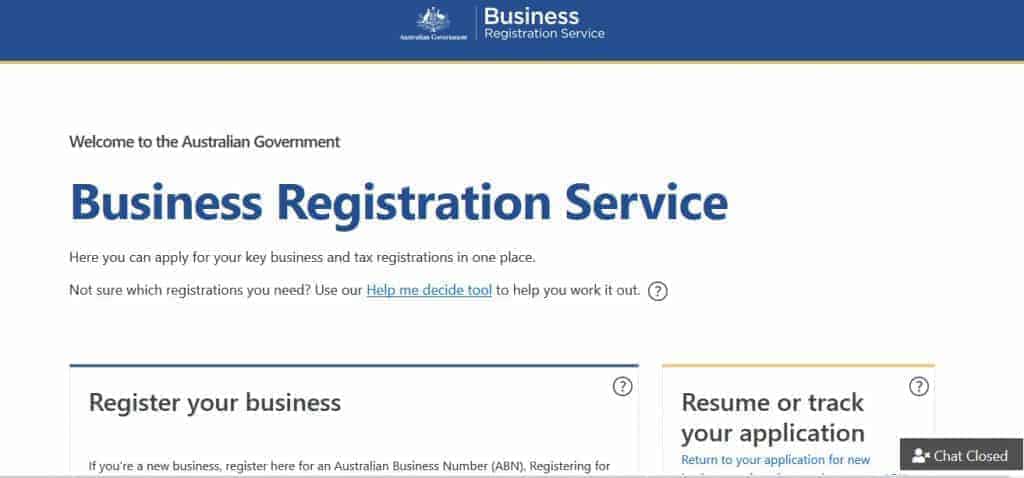
6. Register your ABN, GST and TFN
Since you’re starting a business, you need to apply for an Australian Business Number (ABN).
An ABN is a unique 11 digit number that identifies your business to the government and community.
Applying for an ABN is free – simply go to the Business Registration Service online.
You can also register a Company or Business Name and apply for the tax registrations you need (e.g. GST) at the same time.
You’ll also need to apply for a new Tax File Number (TFN) if you’re operating your business in a partnership, company or trust structure. This is separate from your personal TFN.
Hot Tip: A company has different legal, financial and record keeping responsibilities compared to other business structures. A company is a complex business structure, with higher set-up and administrative costs because of additional reporting requirements.
Make sure you understand director’s responsibilities and company tax obligations, which are governed by the Corporations Act 2001.

7. Register your Business Name
A Business Name is the name under which your business trades (e.g. Jim’s Mowing).
Choosing the right business name will help ensure you’re creating the right image for your business.
Unless you’re using your own name for your business, you will need to register the Business Name with ASIC. You can do this at the same time as your ABN using the Business Registration Service online.
Hot Tip: Registration of a business name is not the same as owning it. To own it, you need to register it as a trade mark with IP Australia (ipaustralia.gov.au). Check with ASIC and IP Australia that no-one has registered your name before you register it!

8. Open a Business Bank Account
You should open a new bank account for your business.
Don’t use your personal account, even if you’re just starting out. It’s always wise to keep your business finances separate.
Many banks offer business bank accounts (though sometimes any old account will do).
The bank will need to see 100 Points of ID, your ABN or ACN and a copy of the certificate of incorporation (for a company) or trust deed (for a trust). You may need to visit a branch to provide proof of your identity if you’re not already a customer of the bank.

9. Register Domain Name
Your domain name is your website address or URL on the internet (e.g. www.mybusiness.com.au).
It’s a valuable part of your business identity and is an important marketing tool that can help customers find and identify with your business.
When picking a website domain for your business, it’s best to go with a name that:
- represents your business or brand
- is easy to remember, pronounce and spell
- is short and unique.
If you want to buy a .com.au or .net.au web address, you must have either an Australian Business Number (ABN) or Australian Company Number (ACN) to be eligible.
If you don’t have a website ready yet, you can still buy your domain name and use it when you’re ready.
For more information go to the .au Domain Administration Ltd (.auDA) website. It includes links to registrars and resellers and lists current fees and options.
Want to know the best part?
It isn’t expensive; you can register a domain for 24 months for as little as $24.
Hot Tip: A domain name doesn’t provide you with protection of that name, it simply secures the URL. You should always register your business name first and consider protecting it with a trade mark.
If someone else has already trade marked your proposed business name or domain name, you could face legal action. Step 4 (Check business name, IP, domain names) is so important for this very reason.

10. Setup your Social Media Accounts
Social media is a great way to get your message out and also a free marketing tool. We recommend you set up social media accounts on the following platforms (it will depend on your business type and industry):
- TikTok
For any social media account you create, make sure you complete your profile properly.
Be sure to include your logo or photo, as well as contact information, so people know how to reach you.
Your branding should be consistent across all of your social media accounts. Make sure you keep the same visual vibes going, otherwise it will just confuse people. Most businesses choose to have their logo as their profile picture.
Hot Tip: Don’t underestimate the power of social media. When you don’t have money to spend on marketing, social media can help you reach a huge number of potential customers in your niche and deliver targeted messages.

11. Register a Trade Mark (optional)
If you want exclusive ownership and use of a business name – only a trade mark can give you that kind of protection.
A trade mark is a way of distinguishing your business’s goods or services from those of other businesses.
If your business is bringing a unique product or service to market and will be using some form of branding such as your business name painted on the side of your truck, a trade mark is a legally enforceable way to protect it.
HOT TIP: If you are interested in registering a trade mark, we recommend you speak to a lawyer who specialises in Intellectual Property (IP) to advise you on the best course of action. You can also read more about trade marks on the IP Australia website.
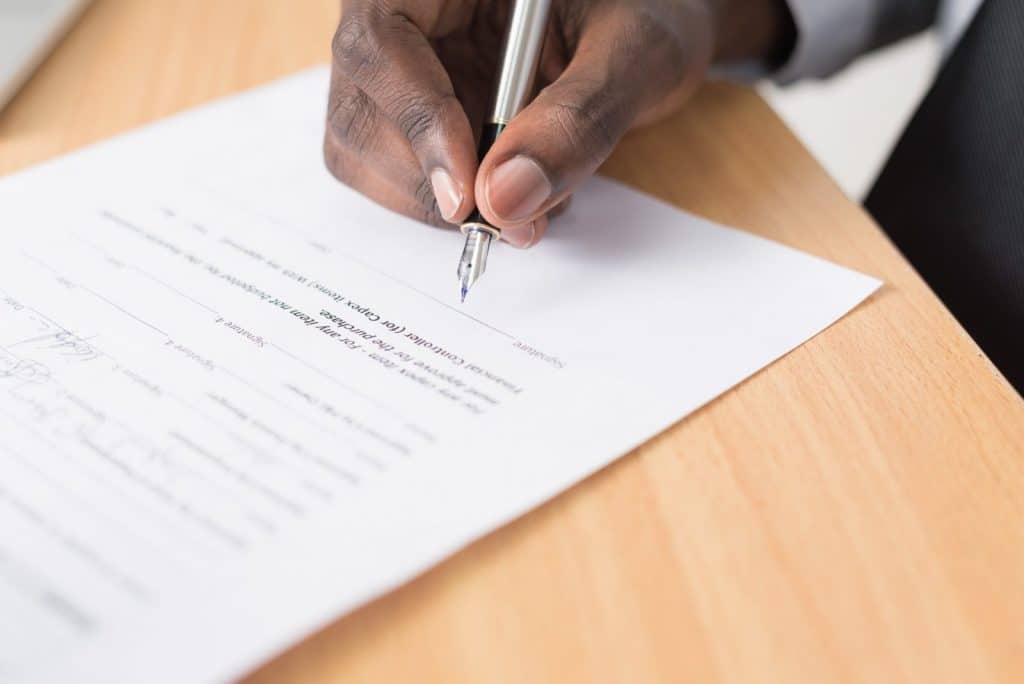
12. Get your Legal Contracts and Documents
You might be wondering:
What contracts do I need for my business?
There are a few key documents every business owner needs right from the start, no matter what industry you’re in:
- Terms and Conditions (Ecommerce) or Service Agreement (Service Business)
- Privacy Policy
- Website Terms of Use & Disclaimer
Terms and Conditions / Service Agreement:
This contract sets out the terms on which you do business, including your payment terms, cancellation terms and refund policy. We consider this an ESSENTIAL contract for any business to have.
Privacy Policy:
A Privacy Policy explains how you’ll manage website visitors’ personal information.
If you collect any customer information, you should have a Privacy Policy on your website.
Small businesses with an annual turnover of $3 million or more, health service providers, operators of a residential tenancy database (e.g. a real estate agent) and contractors providing services under a Commonwealth contract are legally required to have a Privacy Policy.
To check whether you need to comply, you can complete the privacy checklist for small business found on the OAIC website here.
Website Terms of Use & Disclaimer:
This document sets out the rules for people using your website. It includes a disclaimer to limit your liability for your website. This is to protect you from anyone suffering damage or injury after relying on information contained on your website.
Hot Tip: Not everyone has the money to pay a lawyer for legal documents when they are just starting out. However, websites such as Easy Legal Templates provide an affordable solution for legal protection.
Want to know the best part? You can purchase all of the legal contracts your business needs 24/7, without ever needing to speak to a lawyer.

13. Register licences and permits (ABLIS)
The best place to determine what licenses you need is the Australian Business Licence and Information Service, or ABLIS.
Use their easy search function to find relevant information for your business on licenses, registrations, permits and assistance you need across all levels of government.
Each industry has its own unique legal, operational and business requirements. Find out how they apply to you with industry fact sheets.
Hot Tip: Don’t forget to keep your licences and permits up-to-date. Failure to maintain the right licenses and permits can lead to stop work orders, fines and penalties – nothing good! Also remember to check ABLIS If you change your business structure, start trading in another state or hire new employees.

14. Get business insurance
Now:
This is a case of money you can’t afford not to spend.
If you own a business, you can be liable for damages or injuries to another person or property.
Some forms of insurance are compulsory for Australian businesses, such as:
- Workers’ compensation– workers’ compensation insurance is mandatory if you have employees.
- Public liability insurance– covers you for third party death or injury. Certain types of companies must take out public liability insurance.
- Third-party personal injury insurance– if you own a motor vehicle, you must pay for third party personal injury insurance. This is often part of your vehicle registration fee.
Other types of insurance you should also consider include:
- Personal or loss of income insurance – covers part of your normal income if you’re unable to work through sickness or accident.
Stock, products and asset insurance -covers potential loss or damage which could cripple your business.
Accidents and Liability insurance – including product liability and professional indemnity insurance.
- Cyber insurance – protect against cybercrime such as hacking, privacy breaches and ransomware. If you’re running an online business, cyber insurance is strongly recommended.
Hot Tip: Most businesses don’t have the right insurance. Make sure you do. Talk to an insurance broker if you need some help choosing the appropriate insurance for your startup.
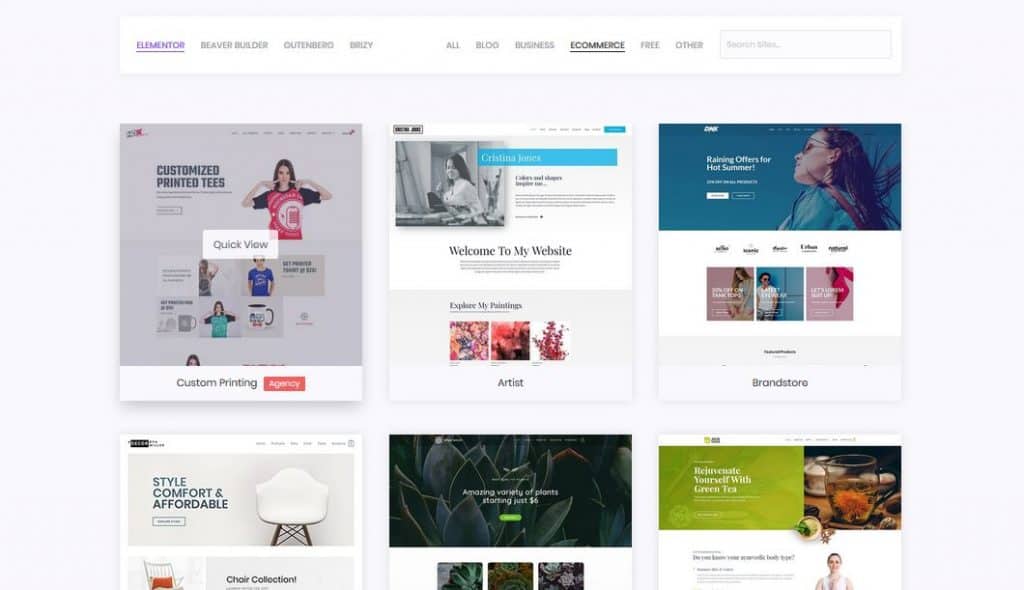
15. Build your website
In this digital age, a website is a must-have.
The good news? It doesn’t have to cost a bomb to design a professional-looking website. You can build one yourself without any coding or design skills. It’s that easy.
We’re not just saying this; we built the Easy Legal Templates website using the free theme Neve in just a couple of days!
There are thousands of free templates available online from popular sites like Theme Forest. All you need to do is find a template you like and then start adding your own content to your website.
You will need to choose a Content Management Solution (CMS) for your website, such as Wordpress, Shopify or Squarespace. Wordpress is by far the largest and most common CMS, with around 60% of all websites run using Wordpress.
We recommend using a drag-and-drop website builder like Elementor or Divi to create your first web site. Everything is done using visual ‘blocks’ and a graphic editor.
The bottom line?
Don’t spend forever on your website when you are first starting out. The important thing is to build a website quickly and get it online. You can tweak it and update it later.
Hot Tip: Many popular templates come with Starter Sites or Demo content available. All of the hard work is already done for you. Simply choose a design you like, install the demo content on your website and then update with your own text and images. Think of it as a website for dummies!
We recommend you have a look at Starter sites from Astra, Generatepress, Futurio or Hestia. There are lots of site designs to choose from for each theme.
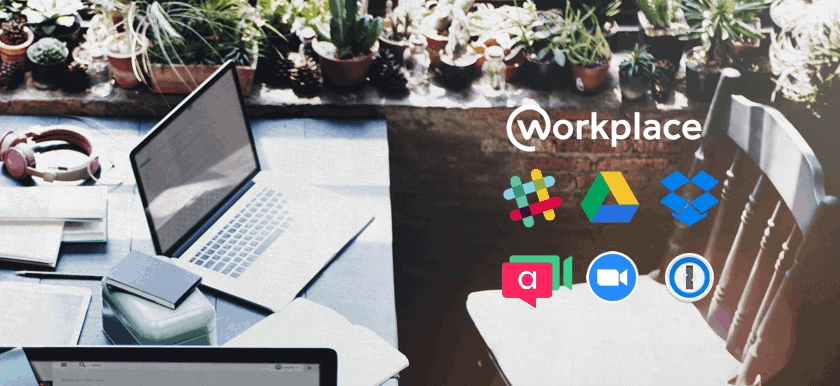
16. Setup your Systems
Today there are so many options to choose from when it comes to hardware, software and technology for your business.
It can be hard to know where to look…
The type of business you are starting will dictate the technology you need to run the business.
Make sure you have some systems set up from the start, so you aren’t just writing out things on scraps of paper!
At a minimum, we recommend you purchase a licence to either Office 365 or G Suite for your business productivity software and email.
We will be posting another blog on this topic very soon, where we have a detailed look at the BEST software tools for small business.
Hot Tip: Start small and then build from there over time. Don’t overcommit to paid subscriptions before you know what you really need to run your business. You should start with the basics – Email, CRM, Accounting and Marketing. Over time you will learn what works for you.

17. Understand Fair Trading & Australian Consumer Law
Here’s the deal:
You should do some quick reading to get up to speed with Australian fair trading laws. It is your responsibility as a business owner to make sure you are compliant.
Start by reading about Consumer rights & guarantees HERE. There is lots of useful information about your obligations under the law for things like warranties, refunds and returns.
You should also do some further reading about legal essentials for your business. Information on pricing regulations, product labelling etc., may be important, depending on the type of business you want to run.
Hot Tip: Under the Australian Consumer Law, automatic consumer guarantees apply to many products and services regardless of any other warranties you provide to customers.
These include rights to a repair, replacement or refund as well as compensation for damages and loss and being able to cancel a faulty service.
Even if you make up your own contract terms (e.g. No Refunds), they will not override these consumer guarantees.

18. Make Your First Sale
Getting your first real customer is a significant milestone for every startup.
If you have reached this step and already made a sale, congratulations! Keep going!
Here’s the important part:
Completing all of the previous steps to starting a business is only the beginning of your journey.
Now comes the real hard work.
Hot Tip: Marketing is a crucial part of growing your business and reaching customers. Make sure you dedicate time to marketing and you have a strategy in place for how you are going to attract customers.
Next Steps
If you’d like to actually put this guide into action, you’re in for a treat…because we’ve got a handy Content Upgrade for you 🙂
It’s a free checklist you can use for your own business to follow the exact step-by-step process we outline in this guide.
Click the link below and enter your email to get access to the free checklist.


